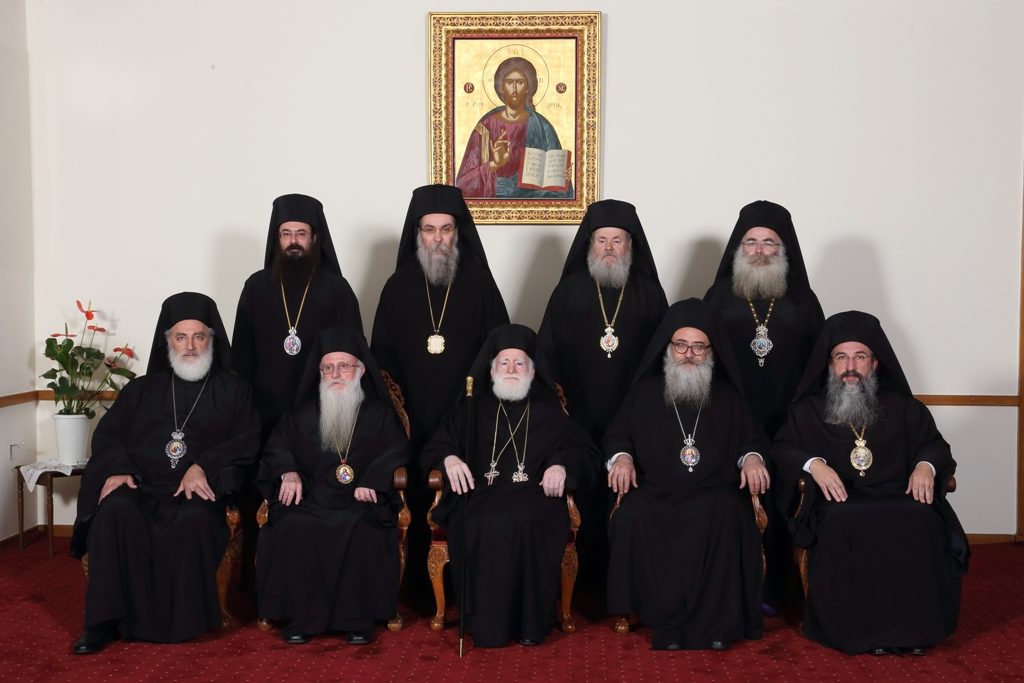An announcement on the occasion of the conversion of the Chora Church into a mosque was issued by the Archdiocese of Crete, in which it speaks of “an insult to the Orthodox Church, the Christian world”.
The Holy Synod also emphasizes its devotion to the Mother Church, “the Holy Ecumenical Throne and our Most Holy Ecumenical Patriarch Bartholomew, expressing the support of the Cretan people, with hope in the philanthropy and mercy of the Most Gracious God.”
Read the announcement of the Archdiocese of Crete
The Holy Eparchial Synod of the Church of Crete, with indignation, distress and the deepest mental suffering, experiences the new insult to the Orthodox Church, the Christian World and the world Cultural matters.
The Chora Monastery, following Hagia Sophia, is being converted into an Islamic mosque.
The Monuments of the World Cultural Heritage were created by intellectual and cultural owners and the famous mosaics in the Chora Church, as well as in Hagia Sophia, have Greek inscriptions.
This challenge is made in the difficult days of the global pandemic, which invites Peoples, Religions and Cultures to cooperation, mutual respect, coexistence and keeping pace and not to conscious, methodical and condemnable decisions, which offend religious consciences, cultural identities, dialogue and mutual respect.
The Church of Crete turns with devotion to the Mother Church, the Ecumenical Throne and our Most Holy Ecumenical Patriarch Bartholomew, expressing the solidarity and heartfelt prayerful support of the Hierarchy, the clergy, the monastic fraternities and the Cretan people, with hope in the philanthropy and mercy of the Most Gracious God.
The Church of Crete calls on the World Community to create the institutional framework that will preserve, protect and respect the Identity and History of the Monuments of World Culture, including the Chora Monastery (6th century), as well as Hagia Sophia.
